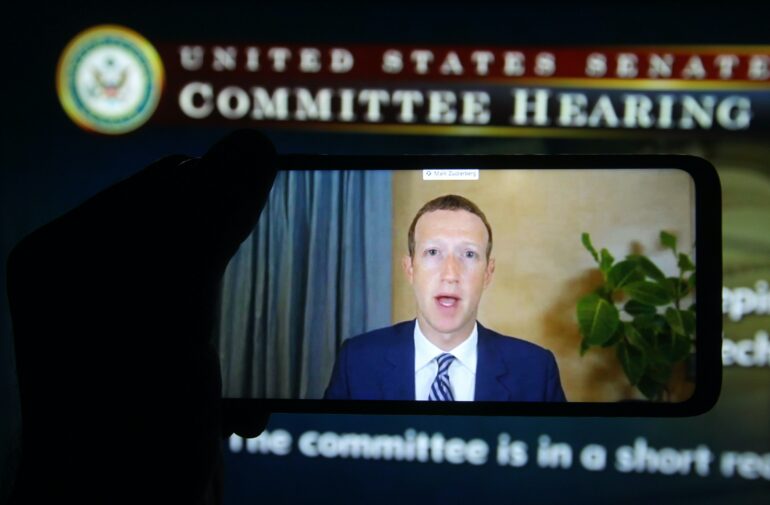One of Elon Musk’s stated reasons for purchasing Twitter was to use the social media platform to defend the right to free speech. The ability to defend that right, or to abuse it, lies in a specific piece of legislation passed in 1996, at the pre-dawn of the modern age of social media.
The legislation, Section 230 of the Communications Decency Act, gives social media platforms some truly astounding protections under American law. Section 230 has also been called the most important 26 words in tech: “No provider or user of an interactive computer service shall be treated as the publisher or speaker of any information provided by another information content provider.”
But the more that platforms like Twitter test the limits of their protection, the more American politicians on both sides of the aisle have been motivated to modify or repeal Section 230. As a social media media professor and a social media lawyer with a long history in this field, we think change in Section 230 is coming – and we believe that it is long overdue.
Born of porn
Section 230 had its origins in the attempt to regulate online porn. One way to think of it is as a kind of “restaurant graffiti” law. If someone draws offensive graffiti, or exposes someone else’s private information and secret life, in the bathroom stall of a restaurant, the restaurant owner can’t be held responsible for it. There are no consequences for the owner. Roughly speaking, Section 230 extends the same lack of responsibility to the Yelps and YouTubes of the world.
Section 230 explained.
But in a world where social media platforms stand to monetize and profit from the graffiti on their digital walls – which contains not just porn but also misinformation and hate speech – the absolutist stance that they have total protection and total legal “immunity” is untenable.
A lot of good has come from Section 230. But the history of social media also makes it clear that it is far from perfect at balancing corporate profit with civic responsibility.
We were curious about how current thinking in legal circles and digital research could give a clearer picture about how Section 230 might realistically be modified or replaced, and what the consequences might be. We envision three possible scenarios to amend Section 230, which we call verification triggers, transparent liability caps and Twitter court.
Verification triggers
We support free speech, and we believe that everyone should have a right to share information. When people who oppose vaccines share their concerns about the rapid development of RNA-based COVID-19 vaccines, for example, they open up a space for meaningful conversation and dialogue. They have a right to share such concerns, and others have a right to counter them.
What we call a “verification trigger” should kick in when the platform begins to monetize content related to…
